Why Crypto Terminology Is Outdated
Why Crypto Terminology Is Outdated
Even the terms cryptocurrency and blockchain have a far wider meaning now than they did just a few years ago.
Crypto had a breakthrough 2021, and 2022 is looking equally promising.
Prices soared and public awareness of its enormous potential widened. Digital assets are now prominent on the radars of major financial institutions and regulators.
But as the asset class, which at one point topped $3 trillion in market capitalization, matures, the industry faces a reckoning with terminology that is ill-fitting for services that have evolved beyond those describing traditional financial systems.
This disconnect is detrimental for crypto’s continued development by confusing retail and institutional investors looking for clear explanations. If people are comfortable with the language of the fledgling industry, they are more likely to become participants in it. Pinpoint definitions also allow regulators to make decisions more quickly.
Yet clarity, based on a crypto lingua franca, could do much to accelerate regulatory guidance and ensure widespread crypto adoption among investors who are not yet comfortable acquiring crypto or even investing in companies that provide services for it.
Crypto exchanges
For example, many cryptocurrency exchanges have added additional services that mean they now more closely resemble a broker-dealer or a bank than a traditional exchange. This is an important distinction.
Beyond the listing and trading services, exchanges now safekeep assets, handle client funds, act as a counterparty to trades, have their own proprietary over-the-counter (OTC) trading desk, and even occasionally lend and borrow against clients' collateral.
"Exchange" may often be the wrong term for this type of firm. What’s the alternative? Perhaps a hybrid encompassing the main services of these companies would be more descriptive and consumer friendly.
Cryptocurrency
Even the using the term "cryptocurrency" to describe the assets themselves is misleading, as it fundamentally confuses the role of many tokens within their native networks and beyond. The majority of digital assets are not currencies.
Some tokens play roles more similar to equities, representing a share of ownership. Some exist purely for liquidity provision and some act as bearer/receipt tokens on staked collateral. Tokens and digital assets have many other uses as they touch a widening number of industries. To bundle them under the term “cryptocurrency” is misleading.
Courts will ultimately decide what rights and ownership tokens give to their holders. Perhaps industry leaders can settle on a lexicon that accounts for the distinctions of different tokens, and with time, would find widespread adoption.
Blockchain
Even the definition of the term blockchain is evolving. It once described an innovative technology whose practical value was difficult to define. But with the rise of DeFi projects, many of them funded in the millions by a now rapt venture capital audience, it suggests a more varied, larger-scale phenomenon.
Blockchain projects now encompass DeFi, GameFi and the rapidly evolving metaverse. A world based partly or entirely on the smart contracts of Web 3 now seems achievable. Who could have imagined this development just a few years ago? Does blockchain now sufficiently describe this bounty of different uses?
Who has authority?
Perhaps most importantly, the shortcomings of current terminology are preventing regulators from reaching a consensus on categorizing tokens as securities, commodities or other financial instruments. Such clarity would enable agencies to determine which of them has authority over these assets. This task is already difficult because DeFi and other Web 3 platforms operate outside the perimeter of traditional finance.
As institutional interest grows in digital assets, a strong regulatory framework will be essential, but this can only occur when the nomenclature is precise.
To read the full article at Coindesk, click here.










